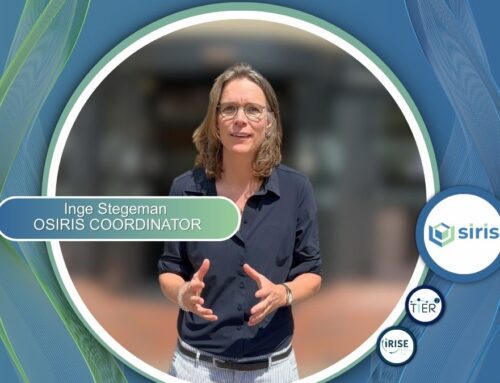Ensuring transparency in clinical trial research is a critical component of scientific integrity, yet challenges remain in the reporting and accessibility of trial results. A recent study co-authored by OSIRIS member Nicholas DeVito, alongside study leads Gustav Nilsonne (iRISE Consortium) and Catherine Axfors, examines clinical trial reporting at Nordic medical universities, highlighting key gaps in transparency and accountability.
The study found that approximately 20% of trials were missing results, while nearly 50% failed to report findings within two years of completion, demonstrating significant room for improvement. These findings underscore the importance of robust registration and reporting practices to enhance accountability in clinical research.
Clinical trials, unlike many other research disciplines, present unique challenges in reproducibility. As large-scale, complex, and often high-risk studies, direct replications are not always feasible. Instead, transparency measures such as trial registration, clear methodology, and full reporting are essential to ensure the data we have are unbiased and accurate. These efforts help inform healthcare decisions and support evidence synthesis, even when direct replication is impractical.
Regulatory frameworks in the U.S. and the EU mandate registration and reporting for trials involving medical products, offering additional oversight mechanisms not commonly found in other academic research areas. Despite these regulations, compliance remains inconsistent, leading to inefficiencies and potential harm due to unreported findings. Failing to share trial results represents a significant form of research waste, underlining the need for stronger enforcement and adherence to reporting guidelines.
Beyond clinical trials, fostering a culture of open science benefits the broader research community. DeVito emphasizes that openness in data, methods, and code not only enhances reproducibility but also facilitates collaboration. His previous work on projects such as TrialsTracker and DIRECCT has allowed other researchers, including those in this collaboration, to build upon existing findings, reinforcing the broader impact of transparent research practices.
The study serves as a timely reminder of the role that open science plays in strengthening trust in research, including clinical trials. As OSIRIS continues to advocate for reproducibility and transparency, these insights contribute to ongoing discussions on how best to improve accountability and reporting standards in trial research.
For further details, the full study can be accessed HERE.

Stay tuned for updates on other OSIRIS activities! Visit our website to read our blogs and events section and follow us on social media to discover what’s new and how you can get involved!
OSIRIS “Creating Trust in Open Science & Reproducibility through Accessibility and Transparency!”









Keep In Touch